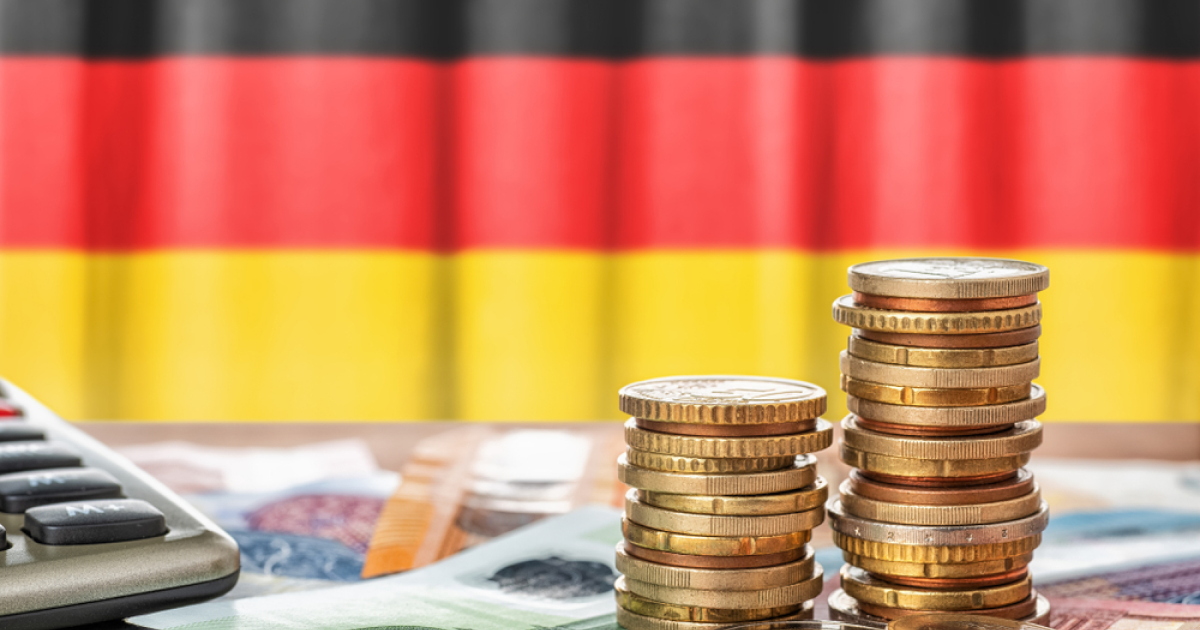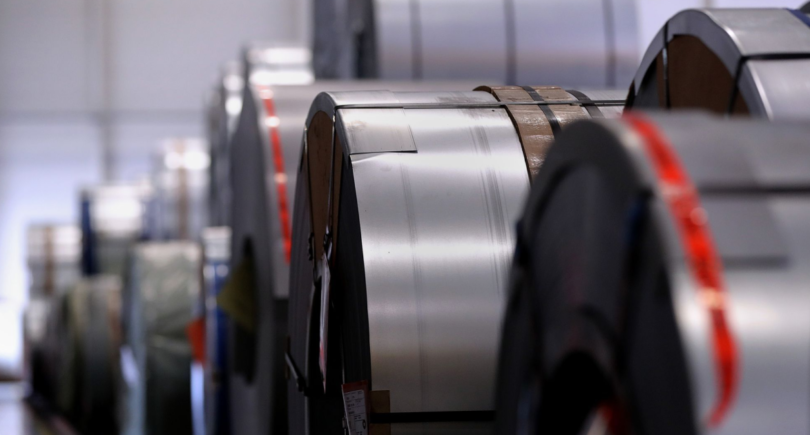
News Global Market Germany 385 05 June 2025
The package is designed to stimulate the economy in 2025-2029
On June 4, the German government approved a €46 billion package of tax breaks – the first in a series of expected measures – to support business and the economy for the period from 2025 to 2029. This is stated in the report of the country’s Ministry of Finance.
The goal is to strengthen the country’s competitiveness and stimulate investment.
The package includes preferential depreciation rules that allow companies to write off asset values faster, including a “super-depreciation” of 30% per year for three years to ease the tax burden on businesses.
It also provides for a reduction in the corporate tax rate by 1 percentage point in each tax year from 2028 to 2032 inclusive. Thus, the tax rate is to be reduced from the current 15% to 10% in five stages.
“Starting from 2032, the total tax burden on companies will be slightly less than 25% instead of the current 30%. This is an important signal at the international level for Germany as a place to do business,” the ministry said in a statement.
In addition, the approved package includes an investment incentive for companies that buy electric cars – buyers will be able to depreciate 75% of the purchase price in the year of purchase of the vehicle.
The existing research assistance for companies will also be increased to make such investments more attractive, and the list of eligible expenses will be expanded.
The measures require the approval of the upper and lower houses of parliament – the government expects to submit the draft for consideration in June. The proposed benefits are expected to reduce government tax revenues by €2.5 billion in 2025, with tax revenue losses reaching €12 billion by 2028.
It should be noted that the GDP of Germany, Europe’s largest economy, fell by 0.2% last year. The country’s economy has been falling for the second year in a row, with a 0.3% decline in 2023.
As GMK Center reported earlier, industrialists noted the deterioration of the investment climate. According to Volker Traer of the German Chamber of Industry and Commerce, the Trump administration’s tariff policy has led to a loss of investor confidence. The AHK World Business Outlook survey of 4,600 German companies in more than 90 countries showed that only 19% expect the German economy to improve in 2025, while 33% expect it to deteriorate.



